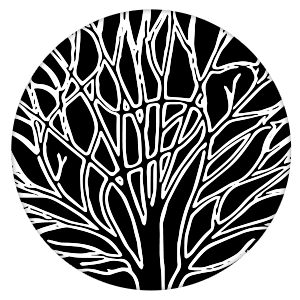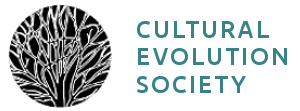Animal Cultures: Core Discoveries and New Horizons
Lecture 1: Overview
Professor Andy Whiten, University of St Andrews, UK
In this introductory overview of the module I define and discuss some key concepts, including social learning, tradition and culture itself. Into this I weave an overview of the approximately 70-year history of the field and the variety of methods that have been used to discover all we have. I outline the reach of animal culture both across a diverse range of species, from primates to insects, and across many aspects of animals' lives, including foraging, predator avoidance, migration and mate choice. I highlight the implications of all we have discovered for illuminating the evolution of human culture, for extending our understanding of many species’ evolutionary biology, and for developing more sophisticated forms of animal conservation.
Andy Whiten
Lecture slides (pdf)
Core (testable) readings
Whiten, A. (2017) A second inheritance system: The extension of biology through culture. Royal Society Interface Focus 7, 20160142.
The most recent concise review of evidence for culture across the animal kingdom, and its implications for evolutionary biology at large.
Galef, B.G. (2012) Social learning and traditions in animals: evidence, definitions, and relationship to human culture. Wiley Interdisciplinary Reviews – Cognitive Science 3, 581-592.
Galef has been one of the most prolific and influential authors in animal social learning research, and as a committed lab experimentalist, often a critic of less controlled studies from the wild. This paper offers his appraisal of the field after a lifetime’s personal contributions to the field.
Further reading
Laland, K.N. & Galef, B.G. (2009) The Question of Animal Culture. Harvard University Press.
Contains a dozen chapters by authors chosen to represent a substantial diversity of conclusions on the existence and nature of animal culture. Of course much has been discovered in the decade since which may change opinions expressed in this book, but at present it remains perhaps the best way to appreciate the breadth of scientific approaches and orientations in the field, written by several of its most influential figures – although it is a manifestly mammal-centric collection.
This project was supported by Grant #61105 from the John Templeton Foundation to the University of Tennessee, Knoxville (PIs: S. Gavrilets and P. J. Richerson) with assistance from the Center for the Dynamics of Social Complexity and the National Institute for Mathematical and Biological Synthesis at the University of Tennessee, Knoxville.

The Cultural Evolution Society's Online Learning Tutorial Series is licensed under a Creative Commons Attribution-NonCommercial-ShareAlike 4.0 International License. For designers' contact information, click here.



